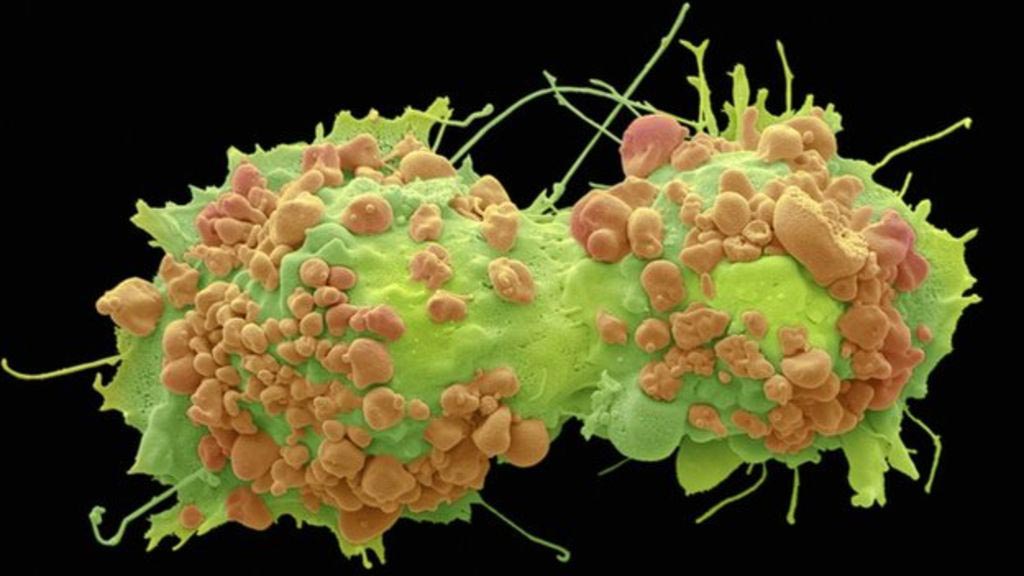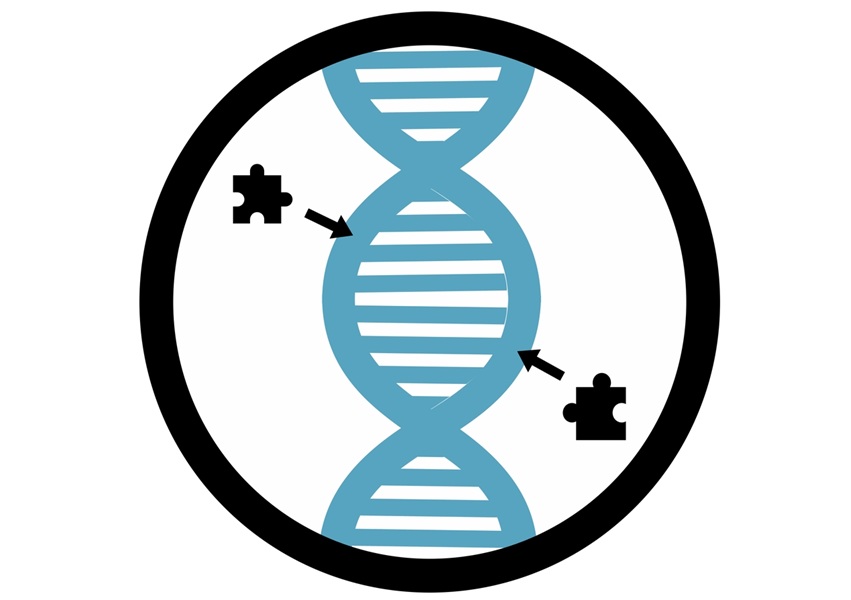High Levels of Biomarker Protein Indicate Poor Prognosis for Cancer Patients
By LabMedica International staff writers
Posted on 15 Mar 2017
The surface biomarker protein CD151 has been linked to a poor prognosis for patients suffering from high-grade serous ovarian cancer (HGSC), the most common and lethal subtype of the disease.Posted on 15 Mar 2017
CD151 a member of the transmembrane four superfamily, also known as the tetraspanin family. These are mainly cell-surface proteins characterized by the presence of four hydrophobic domains. These proteins mediate signal transduction events that play a role in the regulation of cell development, activation, growth, and motility. CD151 is involved in cellular processes including cell adhesion and may regulate integrin trafficking and/or function. This protein enhances cell motility, invasion, and metastasis of cancer cells.

Image: A scanning electron micrograph (SEM) of ovarian cancer cells (Photo courtesy of Steve Gschmeissner / SPL).
Investigators at University Health Network performed genome-wide RNAi screens and comprehensive expression analysis of cell-surface markers on a panel of cell lines derived from 40 HGSC patient tumor samples to identify genes that were critical to their survival.
The investigators found that CD151 contributed to survival of a subset of HGSC cell lines associated with a transcriptional program mediated by the proteins ZEB1 (Zinc finger E-box-binding homeobox 1) and ZEB2 (Zinc finger E-box-binding homeobox 2) and supported the growth of HGSC tumors.
Following up, the investigators analyzed tissue samples from a group of approximately 1,000 HGSC patients and found that high levels of CD151 correlated with poor prognosis.
"Ovarian cancer is many diseases," said first author Dr. Mauricio Medrano, postdoctoral researcher at University Health Network. "By identifying CD151 and its underlying role in cancer cell survival, we hope to develop a therapy to target it. As a marker for poor prognosis, with further research, there is the potential to develop a clinical screening tool to help personalize cancer treatment for patients. For the scientific community our study provides a lot of new information about other possible targets, not only CD151 that could be important and can provide new ideas for how to target ovarian cancer."












